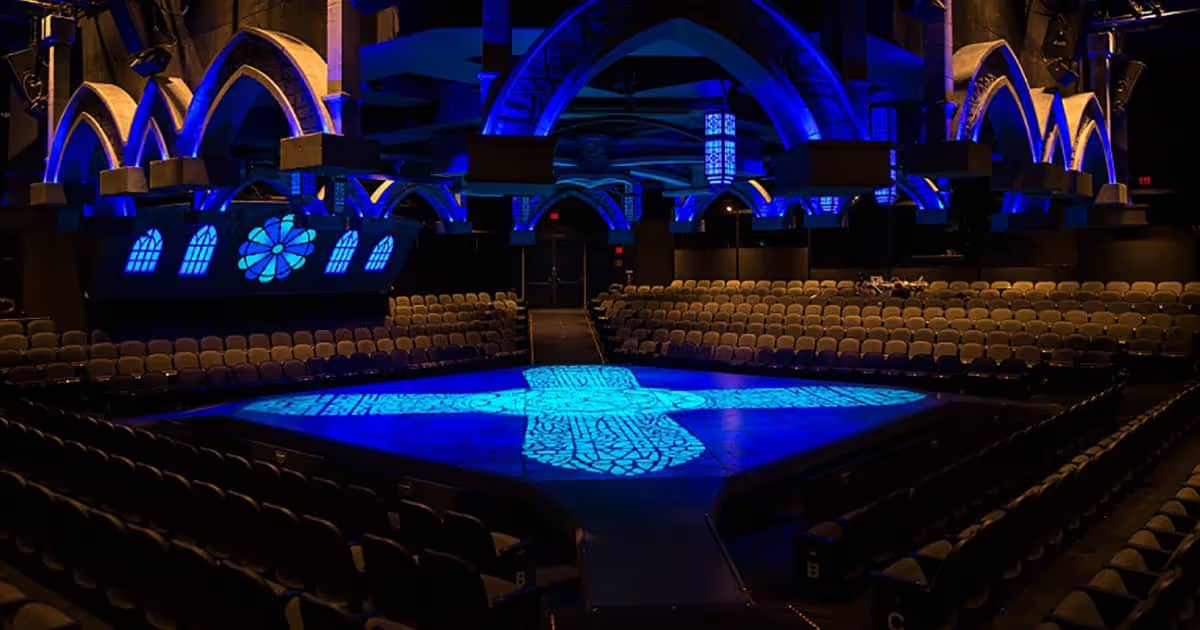Sumptuous costuming and Broadway caliber production numbers
Many of us add a little fiction to our facts. True stories arrive with exaggerations to make them more interesting. Even our lies can hint at a broader picture. Of course, few have combined real-life circumstances with imaginary happenings like E.L. Doctorow. His award-winning 1975 book Ragtime wove historical figures into a narrative with characters that he created, painting a picture of the beauty and tragedy of the early 20th century.
The 1998 musical adaptation of this work, naturally, is unable to capture the full scope of Doctorow's book. But by concentrating on a Black musician named Coalhouse Walker, Jr. and on the rich white family that becomes ingrained in his life, it definitely succeeds in rousing up the social and spiritual effects of its source. Indeed, the original production won multiple Tony and Drama Desk Awards, a testament to its power. Nicely, Marriott Theatre's current production of Ragtime: The Musical retains that impassioned drive, accentuated by sumptuous costuming and Broadway caliber production numbers.
Opening up on the observations of a powerful white fireworks magnate and his kin, there are hints of change in the air almost immediately here. The restless, syncopated rhythm of ragtime music permeates society. Immigrants arrive in droves, seeking their fortunes. Soon, an abandoned baby is left under this well-to-do family's porch. The matriarch takes pity upon the boy and his mother, welcoming them into their home. Sarah, the child's mother, is nearly speechless with sorrow.
Eventually, the boy's father Coalhouse is making regular visits to the home, filling it with music and trying to win back Sarah's trust. Just as all seems to be going well, acts of racist violence erupt, sending Coalhouse into a rampage and the extended family that has grown to love him into various modes of doubt, destruction and self discovery.
Naturally, the majesty of such circumstances would seemingly be hard to capture in Marriott's theater in the round setting, but director Nick Bowling works with a precise eye here, layering multiple characters and chorus members with a deft touch.
Emotionally, he and his talented cast capture the overriding themes of the show and prove that, 20 years after its debut, they are still vital and prescient notions. Black blood is still being shed on our streets and our immigrants still fight daily to feel safe in their adopted home.
Of course, the words of legendary gay playwright Terrence McNally, who wrote the book, and the sweep of queer composer Stephen Flaherty's music add nuances and depth to every outsider portrayed here, whether it be acclaimed activist Emma Goldman or a poor Harlem barmaid joining in the big fight to be heard. Their contributions make this ( and seemingly every ) production of Ragtime forever universal.











